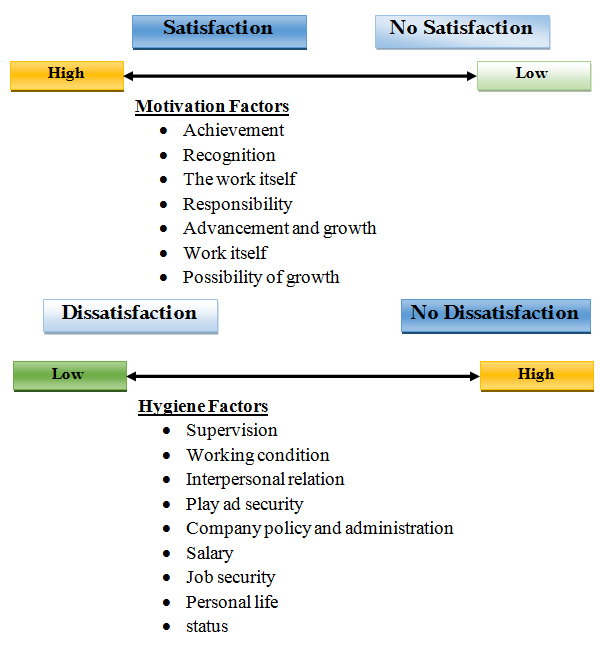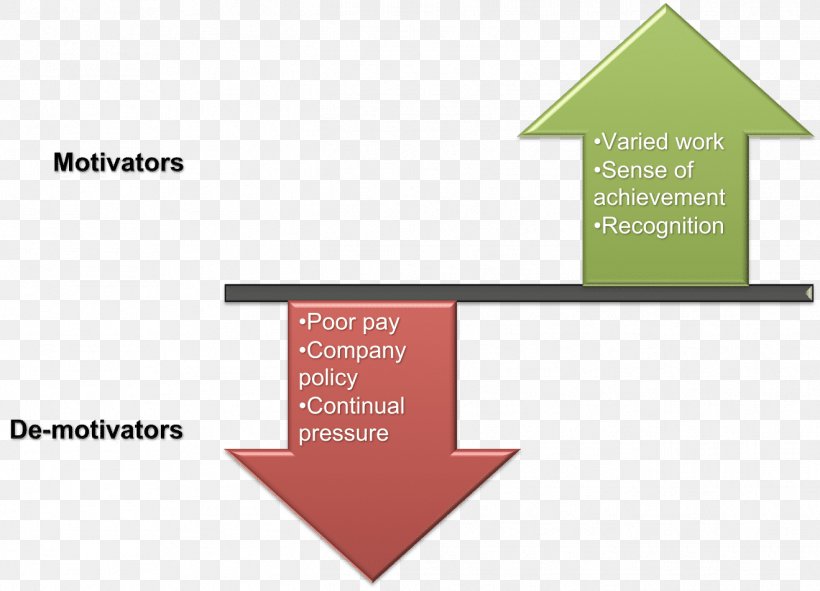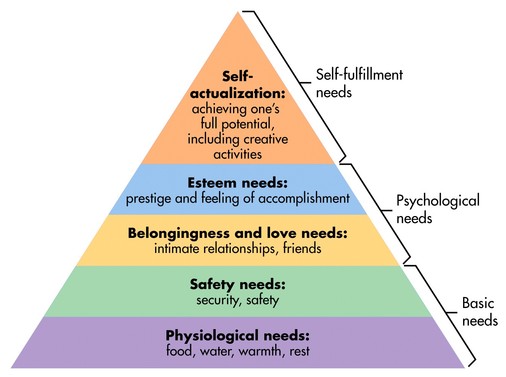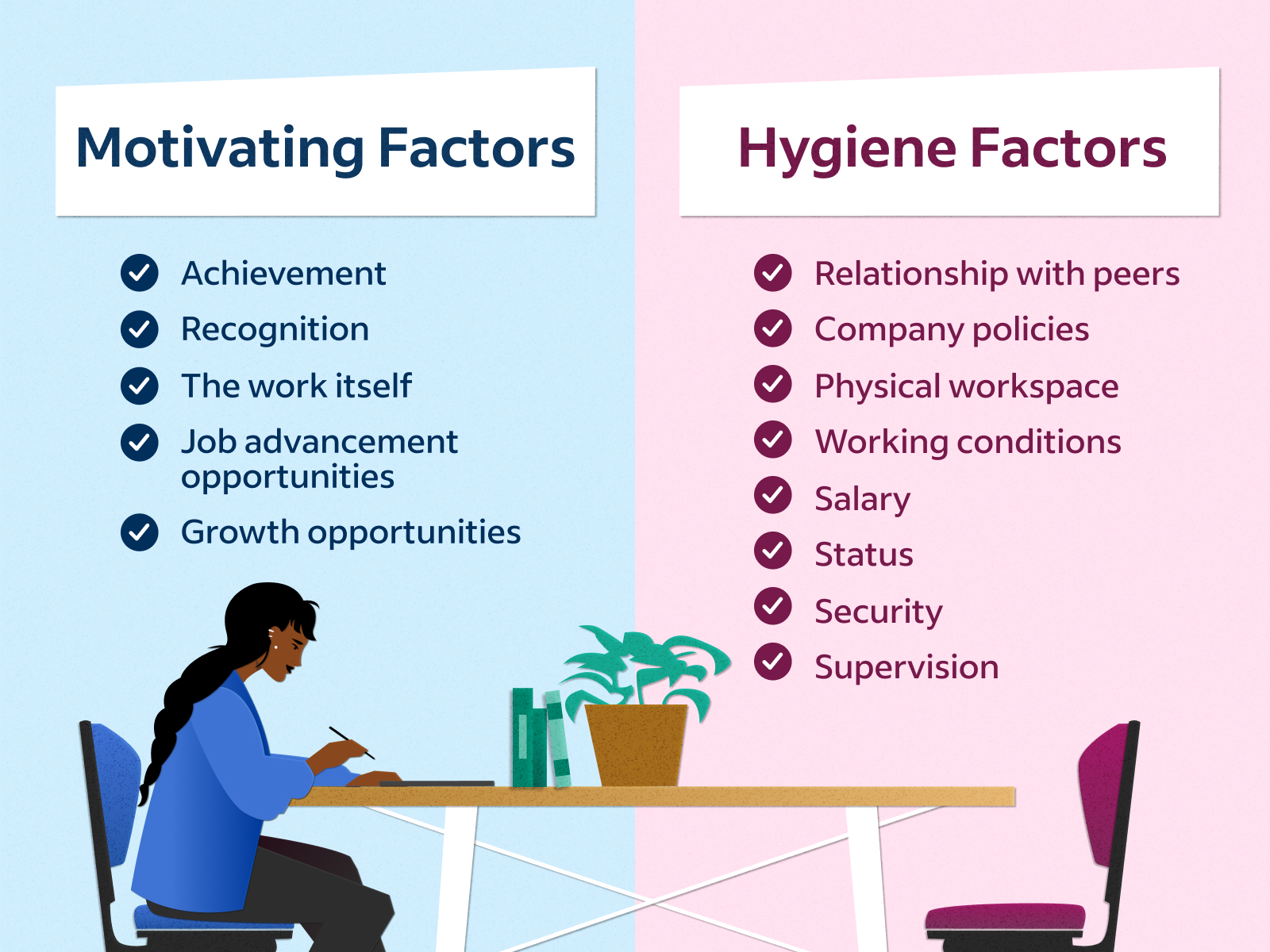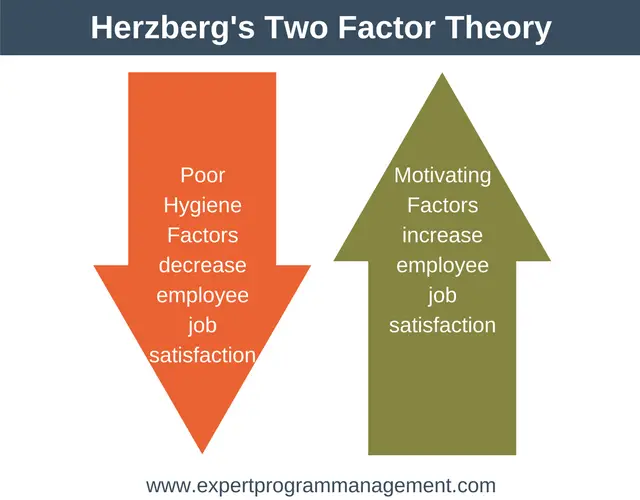Frederick Herzberg's two-factor theory of motivation, also known as the motivation-hygiene theory, is a model that helps to explain how individuals are motivated in the workplace. According to this theory, there are two types of factors that contribute to an individual's motivation: hygiene factors and motivators.
Hygiene factors are those that are necessary for an individual to feel satisfied in their job, but do not necessarily motivate them to perform at a higher level. These factors include things like salary, working conditions, and the relationship with their supervisor. If these factors are not present, an individual may feel unhappy or dissatisfied in their job, but improving them will not necessarily lead to increased motivation or productivity.
Motivators, on the other hand, are those factors that drive an individual to perform at a higher level and achieve greater success. These factors include things like recognition, responsibility, and the opportunity to grow and learn. When motivators are present, individuals are more likely to be motivated and engaged in their work.
Herzberg's theory suggests that organizations should focus on providing motivators to their employees in order to increase motivation and productivity. This can be achieved by offering opportunities for growth and development, providing recognition and rewards for good performance, and giving employees more control and autonomy in their work.
One of the key takeaways from Herzberg's theory is the importance of addressing both hygiene factors and motivators in the workplace. While it is important to address the basic needs of employees, such as fair pay and good working conditions, organizations should also focus on providing opportunities for growth and development in order to truly motivate and engage their workforce.
Overall, Herzberg's two-factor theory of motivation is a useful framework for understanding how individuals are motivated in the workplace and can help organizations to create a positive and motivating work environment for their employees.
